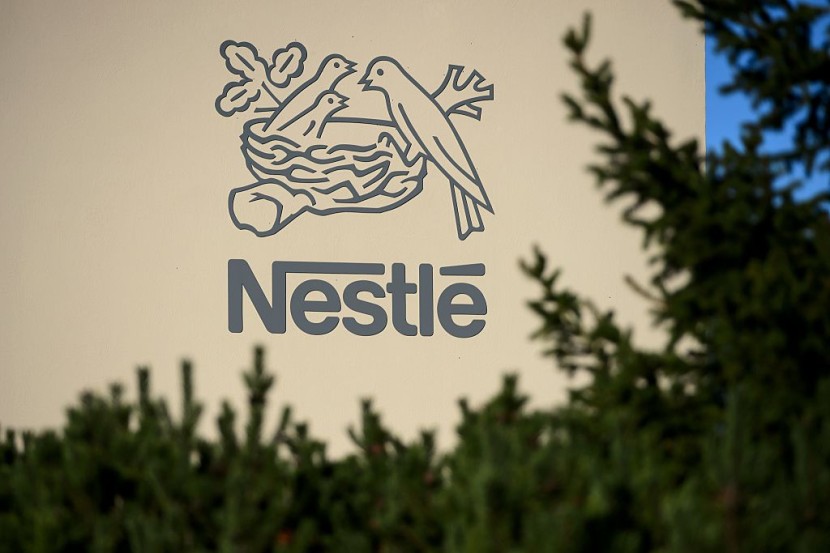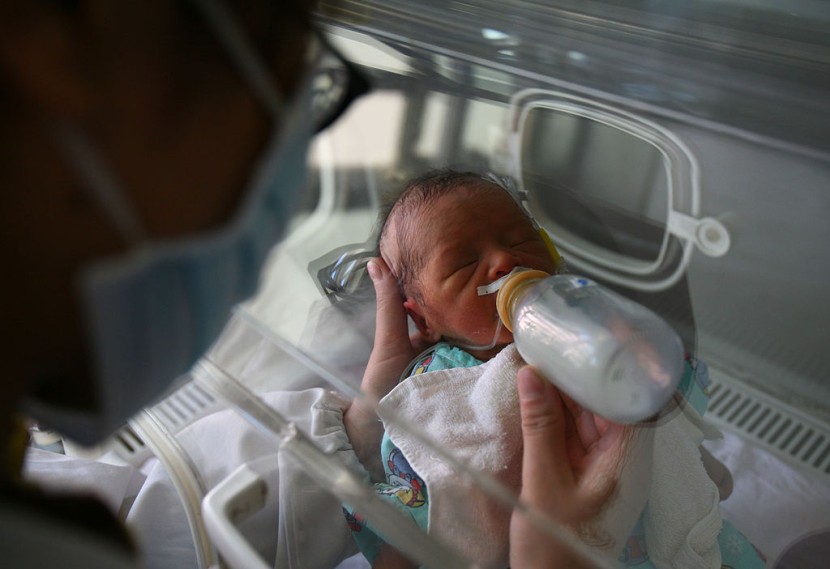
As China's birth rate continues to decline, Nestle decided to include closing its Asian-exclusive baby formula factory as one of its efforts to adjust to this demographic crisis.
The world's largest food company confirmed its plan on Wednesday, Oct. 18, saying that its factory in Askeaton town in Ireland will soon be closed.
Nestle To Close Asian-Exclusive Baby Formula Factory Due to China's Birth Rate
According to EuroNews, China's birth rate has been decreasing for the past few years. Since 2018, the Asian country's number of births decreased by around 50%.
Nestle explained that it is planning to close its Wyeth Nutrition infant formula factory the need for the plant's products in Greater China and Asia is now in free fall.
CNN Business explained that Nestle's latest announcement offers a new insight into the possible effects of China's declining population on Western companies that are selling their products in the Asian country.
"The number of newborn babies in China has declined sharply from some 18 million per year in 2016 to fewer than 9 million projected in 2023," said Nestle.
"The market, which had previously been reliant on imported infant formula products, is also seeing rapid growth in locally produced products," added the food company.
Nestle said that it aims to close down the factory as early as the first quarter of 2026. But, this plan could still change, especially if another company decides to purchase the manufacturing plant.
If ever Nestle closes the Wyeth Nutrition infant formula factory, over 540 workers are expected to face termination.
Read Also : Apple CEO Tim Cook Makes Surprise China Visit Due To Slow Initial iPhone 15 Sales-Will This Help?
China's Declining Birth Rate

Experts said that in 2022, China experienced its lowest birth rate since 1949. During that period, only 9.56 million babies were born.
As of writing, China is expected to have 1.09 births per woman. This just shows that the Asian nation's natality is still in a declining trend.
Numerous studies revealed that China's natality has been lower than the birth rates of EU countries since 2019. This worsening birth rate decline in China affects many products, especially infant formula.
If China's natality further plummets, other Western companies that are offering baby products could also face the same faith as Nestle.
© 2026 HNGN, All rights reserved. Do not reproduce without permission.








